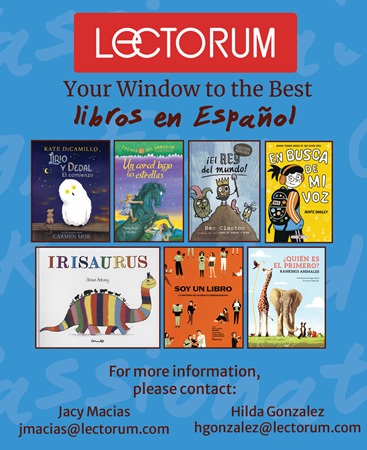My High School Spanish Teacher Taught Me about the Original AI–Authentic Interaction
By Becca Katz for Chalkbeat
 “Building a face-to-face relationship with students is, as it turns out, just as impactful as many edtech tools and resources.”
“Building a face-to-face relationship with students is, as it turns out, just as impactful as many edtech tools and resources.”
Becca Katz highlights the importance of connecting with students on a personal level. She describes how her Spanish teacher used language practice to foster deeper relationships with her students. This teacher, called Señora by her students, would begin each class by asking ” ‘Qué hay de nuevo?’ (What’s new?)”, and the students had to reply in Spanish. While this built their conversation skills, it also alerted the teacher if any students had problems in their lives.
Señora also shared her travel adventures using a slide projector and told them about her likes and dislikes. She had another set of questions about similar topics for her more advanced students. She even took time out of her planning period to give the author and two of her friends more advanced Spanish lessons than were offered in the school.
In time, cancer forced Señora to stop teaching, but she had left such an impression on the author that she asked to go back to the classroom with permission to go through all of Señora’s teaching materials to use in her own class. Katz, who now teaches Spanish, is emulating her beloved teacher who had built relationships with her students by “deploying the original AI–Authentic Interactions–to forge real connections.”



